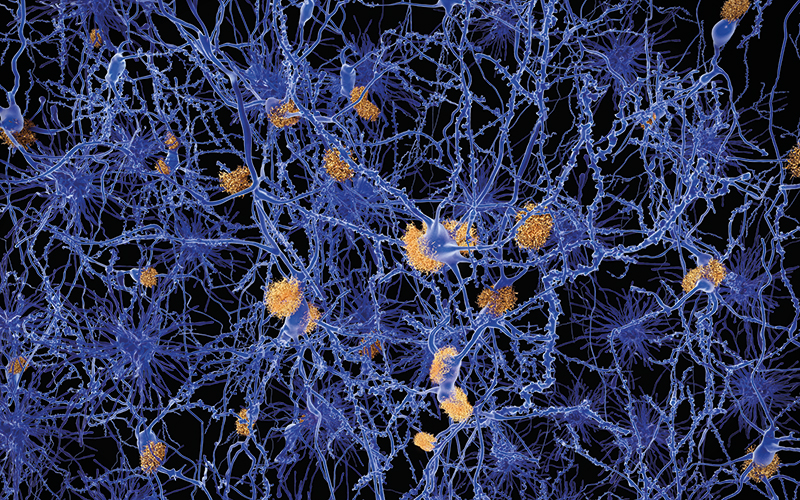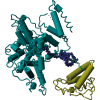Infections treated with specialty hospital care in early- and mid-life are associated with an increased subsequent risk of Alzheimer’s (AD) and Parkinson’s diseases (PD), but not amyotrophic lateral sclerosis (ALS), it is claimed.

Experimental studies in animals have suggested that infection plays a role in the development of some neurodegenerative diseases, but supporting evidence in humans is limited.
Scientists used data from people diagnosed with AD, PD or ALS from 1970 to 2016 in Sweden, with five controls per case, all identified from the Swedish National Patient Register. The analysis included 291,941 AD cases, 103,919 PD cases and 10,161 ALS cases.
A hospital-treated infection five or more years before diagnosis was associated with a 16% higher risk of AD (95% CI: 1.15–1.18, P < 0.001) and a 4% higher risk of PD (95% CI: 1.02–1.06, P < 0.001), with similar risks seen for bacterial, viral and other infections and for different sites of infection.
The highest risk of disease was seen in people with multiple hospital-treated infections before the age of 40, with more than double the risk of AD (OR=2.62, 95% CI: 2.52–2.72, P < 0.001) and more than 40% increase in the risk of PD (OR=1.41, 95% CI: 1.29–1.53, P < 0.001).
Image credit | iStock




